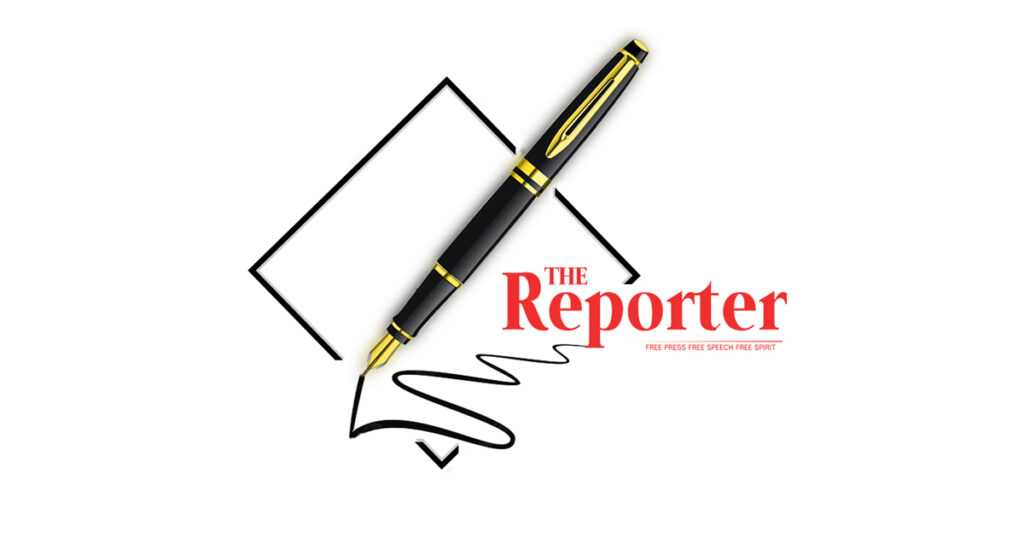[
Ethiopia at a Crossroads: Assessing the Continuing Violence and Armed Conflict in the Horn of Africa
The Horn of Africa remains a hotbed of armed conflict and insecurity, as highlighted by Abdirezak Sahane in his recent article on Borkena.com. The region is plagued by terrorism, human trafficking, and various other criminal activities, leading to widespread crimes against humanity and war crimes. Millions in the region face food insecurity and health crises, exacerbated by political conflicts and an unprecedented drought, demanding urgent attention from the international community.
In delving into the ongoing conflicts in Somalia, Sudan, Kenya, and Ethiopia, Abdirezak touches upon the deep-rooted issues that have led to these crises. However, his portrayal of Ethiopia’s Federal Government as a peace-seeking entity dedicated to resolving conflicts through dialogue is met with skepticism. The government’s actions reveal a troubling reluctance to pursue genuine peace, particularly in light of the catastrophic war with the TPLF and the escalating conflict with the Amhara Fano.
The war between the federal government and the TPLF escalated into one of the most devastating conflicts of the 21st century, resulting in widespread casualties and destruction. Despite peace overtures from the TPLF, the government responded with force, leading to a catastrophic humanitarian crisis. International and regional bodies repeatedly called for peaceful resolution, but the government dismissed these calls, ultimately ending the conflict under significant diplomatic pressure rather than a sincere desire for peace.
The conflict with the Amhara Fano further underscores the government’s reluctance to embrace peace, as former allies turned adversaries in the post-Tigray era. Tensions between ethnic groups have escalated since Prime Minister Abiy Ahmed took office, leading to mass displacements and killings in the Amhara region. The government’s heavy-handed response to the Fano’s refusal to disarm has only exacerbated the situation, indicating a lack of commitment to peaceful resolution.
Ethiopia finds itself at a crossroads, teetering on the brink of becoming a fragile state plagued by internal conflict and disunity. Inclusive national dialogue is essential to ending the ongoing armed conflicts, with the government urged to consider all options, including a transitional government, to prevent further devastation. True peace must be prioritized over rhetoric, with a genuine commitment to dialogue and reconciliation critical for the country’s future stability.
In conclusion, Ethiopia’s future hinges on its ability to navigate the complex web of conflicts within its borders and work towards sustainable peace. The international community must also play a role in supporting these efforts to ensure lasting stability in the Horn of Africa.
Contributed by Atnafu Petros, Human Rights LLM Candidate at Addis Ababa University.
